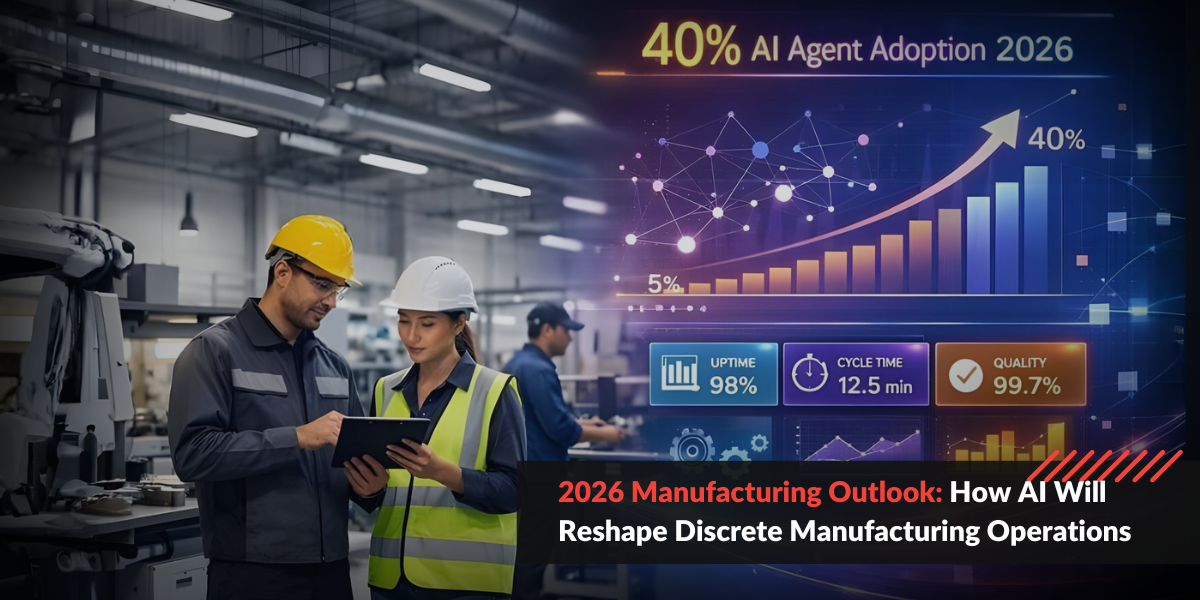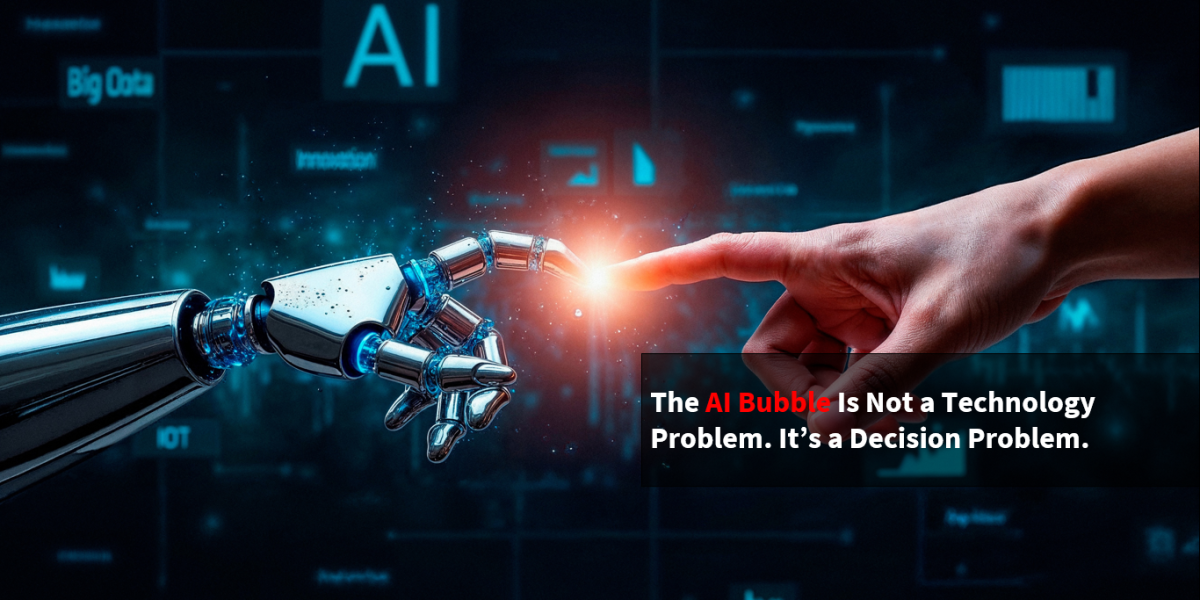The start of the COVID-19 pandemic had people wondering about the permanence of work from home situations. Research by Gartner shows that close to 40% of employees are likely to work remotely at some point in time. Remote working is definitely a positive for enterprises as it is highly cost-effective saving millions of dollars. Moreover, studies show 65% of employees are more productive while working from home. In light of these substantial benefits as well as the need to keep employees safe, companies are likely to continue remote work models as part of the new normal even after the pandemic has subsided.
In some countries remote working is still mandatory in the battle against the pandemic. When it comes to large-scale enterprises the challenge is more complex. Operations are slower to adapt due their colossal size and risk the formation of communication silos. This in turn places a huge strain on the Information Technology (IT) department to help employees adapt to working remotely. All these factors pose a number of barriers to a sustainable remote workforce. The shift to remote working as an aspect of the new normal requires a strong technological backbone to support this transition and manage the challenges of working remotely.
Intelligent automation in the form of Robotic Process (RPA) and Intelligent Process Automation (IPA), that combines Artificial Intelligence (AI) and RPA, has the ability to surmount the challenges of managing operations and teams with remotely-working employees. They provide more effective and sustainable solutions for enabling employees to work remotely and managing remote teams.
Make Legacy Systems Remotely Accessible with RPA
Many businesses still run on legacy systems for core functions as part of their technology ecosystem. They are often deeply ingrained into working systems and the difficulty, risks and costs of modernization seem too great. However, over 20% of remote employees state challenges with legacy systems as one of their most frustrating issues and it drastically impacts productivity.
Intelligent automation via RPA provides a convenient, low-code framework for quickly connecting legacy technology with modern systems with no business disruption. Aside from low-infrastructure footprint, RPA is also easily scalable and can support business in scaling up or down as required to support business expansion or cope with less activity and operations due to turbulent conditions.
Support IT Departments with Automation in Managing Remote Teams
This drastic shift to working remotely can be a heavy burden to the company workforce, especially the IT department that has to oversee security while assisting new remote workers in the technical adaptions for working remotely. CIOs are in dire need of a solution that can be implemented and scaled quickly to successfully manage remote teams while avoiding any negative impact of weak security. Intelligent automation can provide this solution by simplifying routine technical support and assisting IT professionals with more complex work. Such solutions can provide scalable solutions to support fluctuating requirements with ease.
For instance, companies have been leveraging AI-powered contact center automation and chatbots to rapidly respond to support tickets in order to improve employee productivity. As opposed to chasing information across applications and repeating tasks for various employees over and over, IT professionals can deploy intelligent workflows that aggregate data, automate standard processes and request manual assistance only in exceptional cases.
Protect Teams from Communication Silos with Automated Workflows
Communication and information silos can deeply impact productivity and collaboration in a negative sense. A study found close to 85% of employees and executives cite lack of collaboration or ineffective communication for workplace failures. This challenge is compounded in remote working scenarios.
This silo effect comes into play when departments and teams do not have sufficient communication, visibility and collaboration. These factors in turn create inefficient processes, delays and duplicate initiatives. By automating both front and back office processes you can streamline the flow of data across the organization and prevent silos from forming in the first place.
- Allow unified access to data – when information is scattered any process that requires it gets slowed down. RPA robots can be employed to access any data required by employees faster. When information is in myriad unstructured formats, IPA can automate processing it, to provide structured output that RPA then feeds downstream as required.
- Create consistent processes – silos form when each department has distinct process workflows. Streamline and standardize processes while eliminating inefficiencies through intelligent automation solutions that accelerate turnaround time, boost capacity and ensure high levels of accuracy.
- Improve collaboration by freeing employee time – when overwhelmed by data-intensive, repetitive tasks employees cannot focus on collaborative tasks. IPA and RPA solutions can handle the data-intensive processes giving employees more time for higher-value tasks and collaboration that supports strategic goals.
Intelligent automation empowers businesses to manage remote workforce teams and support them with automation that improves efficiency. Remote workforces are probably going to persist long after the pandemic. Has your enterprise explored intelligent automation to optimize your remote workforce?
Aside from remote teams management, IPA has massive scope for the future. Here are some deeper insights on Understanding the Full Impact of Intelligent Process Automation (IPA) for Businesses.
If you’d like to explore opportunities where your business can benefit from commercial RPA and IPA implementations for hyperautomation and remote teams, the Rapid Acceleration Partners team would be glad to help. Our next-gen, AI-powered content intelligence platform RAPFlow enables full lifecycle AI orchestration on a single platform. When used in tandem with our RPA solution RAPBot, it provides end-to-end workflow automation capabilities that can be deployed in just weeks. You can even build your own use case and the platform can easily integrate with your existing systems. Book a demo to get a more detailed understanding of how our products can transform your business.




